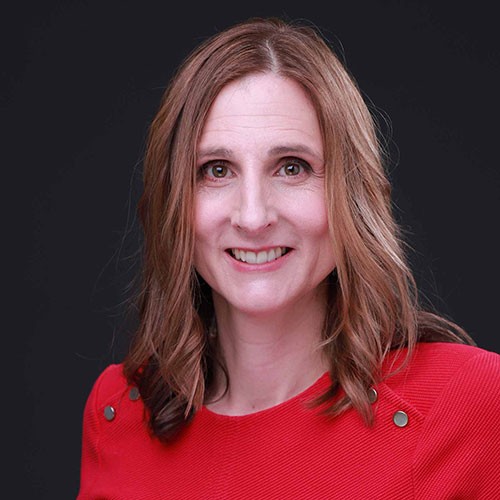
When is it acceptable to describe the chancellor of the exchequer as ‘Rachel from accounts’? Never, in my view. I’m not a woke ultra-feminist or a card-carrying member of the Labour Party – or even a supporter of all Reeves’s policies – but I do believe in good old-fashioned respect, both for women and people who work in accounts.
Reeves is currently wrestling with the unenviable task of balancing the UK’s books while turning around its stalling economy in an era of high interest rates, rising geopolitical tensions and weak growth. It’s a tough job by anyone’s standards. But it’s made even tougher for Reeves because she’s doing the job under all the scrutiny that comes with being the UK’s first-ever female chancellor.
Having had three female prime ministers, we’ve got used to the idea that a woman can run the country. But a woman running the country’s finances? Many in politics and the media appear to struggle with that. This is despite women making up more than a third (36%) of appointments to FTSE 100 CFO positions in 2024, according to executive search firm Leathwaite.
‘Rachel from accounts’ isn’t only insulting to women; it’s a slur on the profession
Spiteful attacks
Over the past few months, Reeves has faced widespread criticism for her contentious fiscal policies – from hiking up employer national insurance contributions to restricting pensioners’ winter fuel allowance and capping the inheritance tax relief on agricultural and business property. Admittedly, this kind of criticism comes with the job. But what should not come with the job – and what she should not have to endure – are spiteful attacks on her professional competence.
‘Rachel from accounts’ is a condescending nickname that seems to have arisen because Reeves exaggerated the length of time she had worked as an economist at the Bank of England. That may have been foolish, but at least she had been genuinely employed by the bank – which tells us plenty about her calibre. Interestingly, her colleague, business secretary Jonathan Reynolds, has been caught up in a similar controversy for referring to himself as a solicitor when he didn’t actually finish his training. Yet, so far, he’s escaped an insulting nickname.
Labour MP Peter Prinsley has said that referring to the chancellor as ‘Rachel from accounts’ is ‘misogynistic and deeply unprofessional’. Quite right, too. It’s a scornful and disrespectful way to describe one of the Cabinet’s most senior members – and an affront that her male predecessors haven’t had to suffer.
Slur on profession
What’s more, the nickname ‘Rachel from accounts’ isn’t only insulting to women; it’s a slur on the finance profession – the implication being that accounting is an inconsequential, back-office function dominated by ineffectual ‘girls’ like Rachel. In fact, as we all know, sound financial management is critical to the strategy and operations of every organisation – not least UK plc – while finance professionals must be intelligent, ethical and skilled.
The chancellor has A levels in maths and further maths, and a master’s degree in economics from LSE
Reeves was accused of applying ‘girl maths’ when she increased employer national insurance contributions. Yet the chancellor – who has A levels in maths and further maths, and a master’s degree in economics from the London School of Economics – is perfectly capable of doing her sums. She understands the economic consequences of her policies, but maintains that the country’s parlous financial position has limited her options.
You don’t have to support Reeves’s policies to respect her for taking difficult decisions. Like so many other finance leaders – male and female – she’s done what she thinks is right, knowing full well that others will disagree.
Ultimately, she will be judged by history for her record over the long term. If she succeeds with her challenging brief, this could be her revenge against those who demeaned her as ‘Rachel from accounts’.
International Women's Day
Join the conversation with ACCA’s all-female council team and students on gender equity, accelerating change and career aspirations, to mark International Women’s Day




